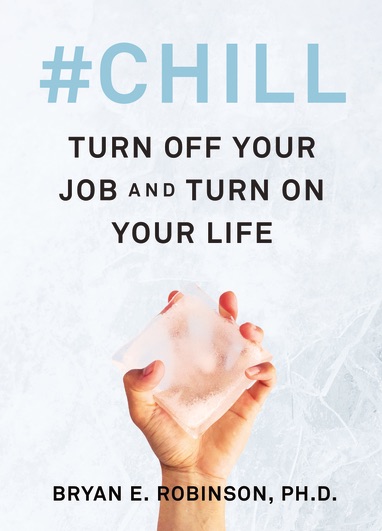The Japanese coined a name for their 10,000 workers a year who drop dead from putting in 60-to-70-hour workweeks: karoshi — which translates as death from overwork. Otherwise healthy workers keel over at their desks after a long stretch of overtime or after consummating a high-pressure deal, usually from a stroke or heart attack. Karoshi among corporate workers in their forties and fifties is so common that the Japanese workplace has been dubbed “a killing field.” In India work addiction is called “a poison by slow motion.”
Although we don’t have comparable English names for karoshi, corporate breadwinners dropping dead from overwork have been making headlines for decades in the United States. Workers who labor fifty-five-hour weeks are a third more likely to suffer a stroke than those working fewer than forty hours.
You can take a personal inventory of your work hours and overtime you invest in your job. One thing to ask yourself is, do you have time away from work to recharge your batteries? Do you have a hobby, a favorite pastime, or a spiritual practice that absorbs stress and gives you a chance to refuel with energy?
Do Nothing
The mantra for recovering workaholics is “Don’t just do something — sit there.” I can imagine you rolling your eyes, glancing at your to-do list, wondering if I’ve been sniffing the ink cartridge from my computer.
I realize the idea of doing nothing is a bitter pill to swallow. When you slow down and watch the grass grow, you start to go through withdrawal. You fidget, become restless and agitated. Maybe you snap at people around you. The only solution seems to be to get up and start doing something. But the art of doing nothing is good medicine. It gives your mind and body a chance to go through a withdrawal period until you come out the other side more chilled. In those moments of withdrawal that might seem empty and needless, what has been there all along in some embryonic form is given space and comes to life. The Italians call it il dolce far niente — roughly translated as “the sweetness of doing nothing.” Doing nothing is like the pauses that are integral to a beautiful piece of music. Without absences of sound, music would be just noise. Doing nothing provides an incubation period for your work ideas to hatch and feelings for loved ones to thaw.

Follow us here and subscribe here for all the latest news on how you can keep Thriving.
Stay up to date or catch-up on all our podcasts with Arianna Huffington here.


